Following House Speaker Nancy Pelosi’s announcement of an “impeachment inquiry” of President Donald Trump, former New York City Mayor Rudy Giuliani—previously a U.S. attorney and now personal counsel to the president—gave a series of blockbuster TV interviews.
In them, Giuliani accused former Vice President Joe Biden of bribery and corruption with respect to his Ukraine-related actions while Biden was President Barack Obama’s point man in Ukraine.
Giuliani’s Ukraine-related investigatory efforts quickly became the focus of the impeachment inquiry—even overshadowing the content of the Trump–Zelensky call itself. The charge went from that Trump had pressured Zelensky to open an investigation into his 2020 political rival Biden—by threatening to withhold U.S. aid to the Ukraine—to that Trump had been trying, through his personal attorney Giuliani, to dig up dirt on Biden.
Those are two very different charges: Under our Constitution, impeachment requires “treason, bribery or other high crimes or misdemeanors.” When Pelosi first announced the impeachment inquiry—the day before Trump released the call transcript—it was clear Trump was being accused of violating a federal campaign finance law, by allegedly soliciting aid from a foreign power to assist in his 2020 reelection campaign—namely, through the foreign power’s investigation of a political rival.
Giuliani’s investigation into Biden’s alleged corruption, on the other hand, is just “opposition research.” It’s not a campaign finance violation (let alone a ground for impeachment) for a candidate, at his own expense, to research a political rival, whether that takes the form of investigating the opponent’s prior voting record, as many Democratic nominees have done in Biden’s case, or alleged crimes or scandals.
Of course, sometimes “opposition research” is false and defamatory, as was the case for the Steele dossier, which ironically was, in large part, the product of disinformation fed to Steele, while he was working for Fusion GPS at the behest of the Democratic National Committee and Hillary Clinton’s campaign, by Russian agents. This same information was ultimately submitted by the Justice Department to the Federal Intelligence Surveillance Court to obtain search warrants on the Trump campaign volunteer Carter Page, without disclosing that it had been paid for by the DNC and Clinton. That may have been a crime, a question that will be addressed by the forthcoming report from Justice Department Inspector General Michael Horowitz.
That said, a crucial point is being missed (or, more likely, intentionally overlooked) by the mainstream media: Giuliani’s Ukraine-related investigation efforts began as a purely defensive effort to uncover facts that might have exonerated Trump from the criminal conspiracy claims then under investigation by special counsel Robert Mueller.
Mueller was investigating the charge that Trump had colluded with Russian agents to interfere in the 2016 U.S. presidential election. Foundational to the Russian interference thesis was the contention that Russian agents had hacked the DNC server in 2015–2016. The DNC hired a Silicon Valley cybersecurity firm, CrowdStrike, to investigate the origins of the hacking of its server. The firm concluded that the Russians had likely hacked the DNC server.
CrowdStrike is owned in part and led by a wealthy Russian-born cybersecurity expert, Dmitri Alperovitch. CrowdStrike never turned over the DNC server to the FBI, which in consequence was forced to rely on CrowdStrike’s “Russian fingerprints” finding without independently verifying it.
It would be legal malpractice for any lawyer defending Trump against the Mueller investigation to fail to include a deep dive into the alleged Russian hacking of the DNC server, which would have started with locating the server. According to Giuliani, his Ukraine-related investigation began in November 2018 as an effort to defend Trump against charges of conspiring with the Russians to interfere in the 2016 election.
This timing is significant: Giuliani, as Trump’s lawyer, would have had no reason to discredit Biden before he declared his candidacy in 2020 (which, given Biden’s age, was an open question until he declared), but every reason to be searching, at that time, for exculpatory evidence assisting in Trump’s defense of the Mueller investigation relating to the 2016 election.
The vice president holds the second-highest office in the United States, and the president is charged with faithfully carrying out the laws of the United States, which criminalize bribery involving our politicians. Joe Biden is on video admitting that he threatened to withhold $1 billion in U.S. aid if then-President Petro Poroshenko didn’t fire top Ukrainian prosecutor Viktor Shokin. It’s surely worth investigating whether Joe Biden withholding U.S. aid if Shokin wasn’t fired constitutes a criminal bribe (as would surely have been claimed if one were to replace Hunter Biden with Donald Trump Jr.), separate and apart from whether Hunter Biden accepted a bribe from Burisma and Zlochevsky, which also should be investigated.
Hunter Biden’s interview on Oct. 15 with ABC’s Amy Robach was more incriminating than it was exculpatory. The question isn’t how much Joe and Hunter discussed the latter’s consulting for Burisma, or how “honorably” Hunter served as a board member; instead, the twofold question is: 1) Did Hunter get the job because of his last name?—he explicitly admitted he did; and 2) did his tying himself to Burisma have the effect, whether discussed with Joe Biden or not, of inducing the elder Biden to inoculate Burisma and Zlochevsky?
I believe that Shokin’s firing, at the elder Biden’s insistence on pain of losing a billion in U.S. aid, followed by Zlochevsky’s favorable settlement with the next prosecutor and return from exile, provide all the answers we need to warrant a full investigation.
A sitting U.S. president isn’t required to choose between letting an allegedly corrupt U.S. politician get off scot-free and impeachment, just because the politician in question happens to have declared his candidacy, making him a political rival to a president seeking reelection.
Otherwise, anyone seeking to bribe a sitting first-term U.S. president need only declare his candidacy before entering the White House with a briefcase full of cash seeking to bribe him. If the president declines to take the bribe, the bribing ex-politician need only say, “I declared my candidacy; you will be impeached if you try to have me prosecuted.”
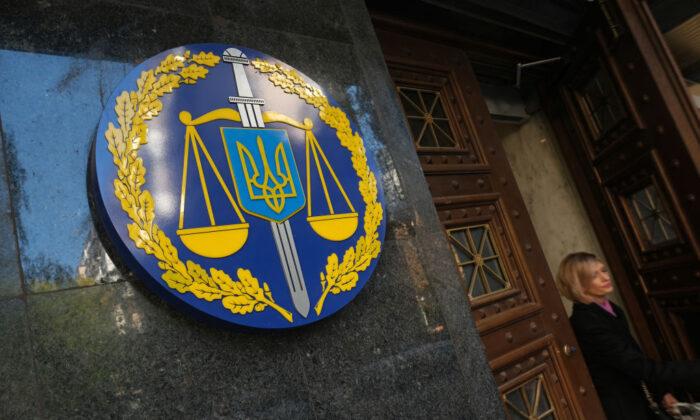

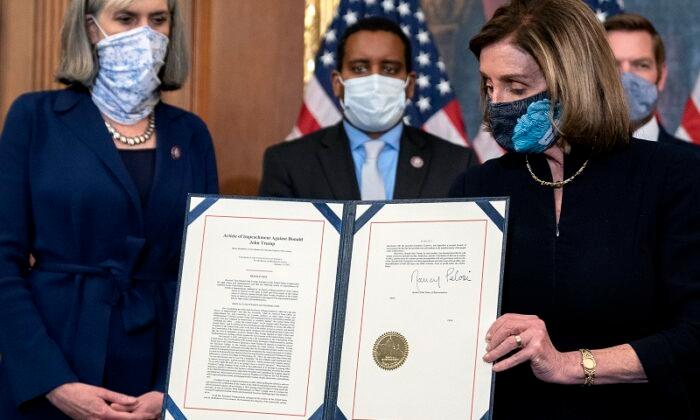
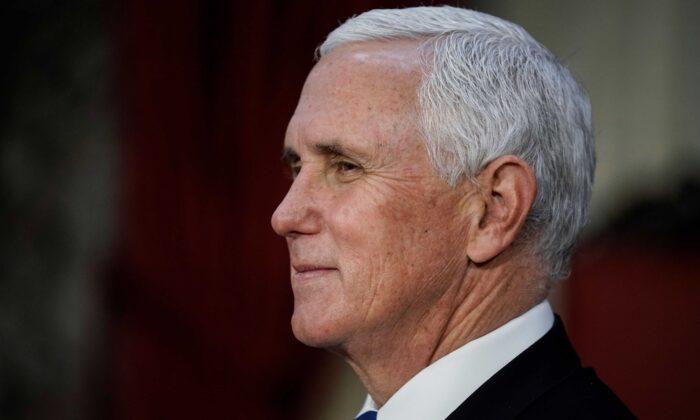
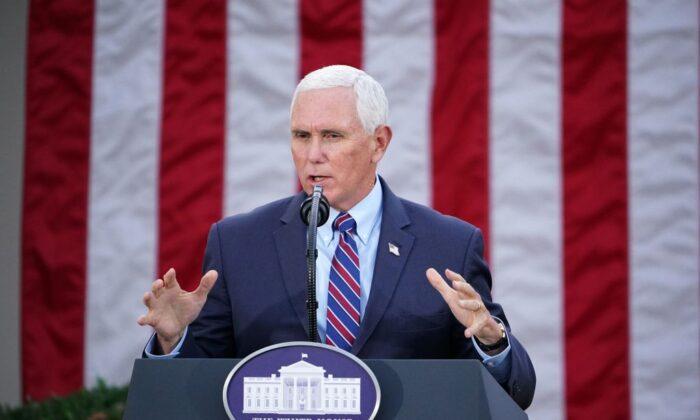
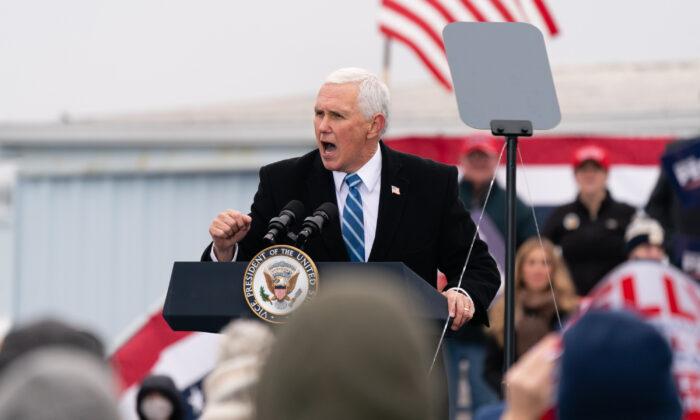
Friends Read Free